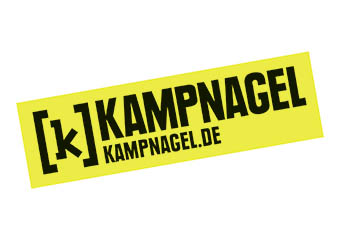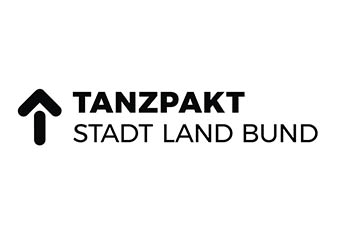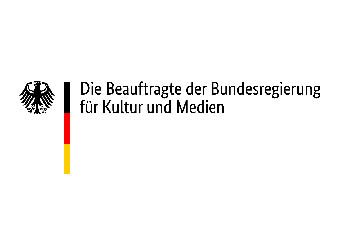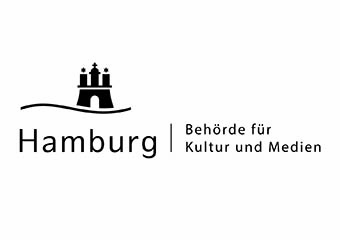“How do you share ideas? How do you share money?” On the basis of these questions, Antje Pfundtner in Gesellschaft created a dialogue platform projected for four years (2018-2021) and is thus starting an initiative to network, divide resources and create continuity in exchanging knowledge among creators of art.
“Tischgesellschaften” are made possible with support from the TANZPAKT Stadt-Land-Bund and take place at regular intervals in different constellations and at different places.
For the first time, the Tischgesellschaft was open to the public and inviting everyone to examine options and utopias of monetary sharing. Different models of distribution and utilization, such as a fund established by artists, were discussed in public and in the presence of additional experts for practices of “sharing”.
What can alternative models of work, financing and support structures look like? How sustainable is sharing? Or to pose the question more simply: Does friendship end in issues of money? Or does it just begin then?
Idea & concept: Antje Pfundtner in Gesellschaft
Artistic direction/ curation: Antje Pfundtner and Anne Kersting
Coordination: Hannah Melder and Jana Lüthje
With: Prof. Dr. Armin Chodzinski, Carmen Losmann, Barbara Lubich, Tilman O’Donnel, Norbert Pape, Regina Rossi, Prof. Dr. Berit Sandberg, Dr. Anke Strauß and Philine Velhagen
A project by Antje Pfundtner in Gesellschaft in collaboration with Kampnagel Hamburg. Funded by TANZPAKT Stadt-Land-Bund with the support of the German Federal Government Commissioner for Culture and the Media and the Freie und Hansestadt Hamburg, Behörde für Kultur und Medien.
Photo: A PiG




Press
“Let’s talk about money. It’s a phrase that isn’t so easily spoken. (…). The sixth edition, ‘Tischgesellschaft #6: Reden wir über Geld’ now took place as a video conference with an audience for the first time. (…). To be concrete, it was a thought experiment that intends to reconsider the principles of sharing and structurally shape the financing of dance and theater professionals in a more sustainable way – more specifically in the form of a fund. And this is where the questions begin. Who will pay into it? The art professionals themselves? Or art patrons? How open should the fund be, how transparent or anonymous? Who should receive money, and what for? (…). In fact, it quickly became clear that the idea of the fund was primarily born of the weakness of the current state support systems, which are always tied to a concrete production. (…). One should hype the fund so extremely that it simply explodes with money, says Armin Chodzinski. To an extent, the results were concrete. Agreements were already made for a realization. It should not remain a ‘peer group of the precarious’, but it does need moneys that are not dependent on returns. It was an important concern to make clear that the idea of art has value in and of itself – it’s not a loss.” Annette Stiekele/ Hamburger Abendblatt
“Now the ‘Tanzpreis’ winner, Antje Pfundtner in Gesellschaft, has set up a fund together with other artists; it is a pot of money, half art project, half social experiment – maybe because she doesn’t quite trust the cultural administrations’ juries. Approximately 2000 Euro are in the fund; it’s not much, but already enough to kindle desire. Because the cultural landscape is poor. And she wants to help herself. This is where Armin Chodzinski appears on the scene, in the framework of a Zoom ‘Tischgesellschaft’, which is what Antje Pfundtner in Gesellschaft christened their invented format. The Hamburg professor and artist thinks in a clever way about the relationship between art and business. How can capitalism help art? One solution, he says, would be to use market logic, which always bets on returns. The returns that have been achieved are always re-invested in order to generate more profits until a bubble is created – then the returns have to be taken back out of the market, either through a crash or by wasting the profits. Why not direct them towards art? (…). Now the time has come, he says, for art to no longer be this thing that always operates on the basis of shortages or scarce funds. One should create a new myth – for example, that art is a representation of something that spices up our ability to hope and to believe with necessary doubts. Art as a treatment for capitalism. This is also something that you could wish for in 2021.” Arnd Wesemann/ Zeitschrift “tanz”
